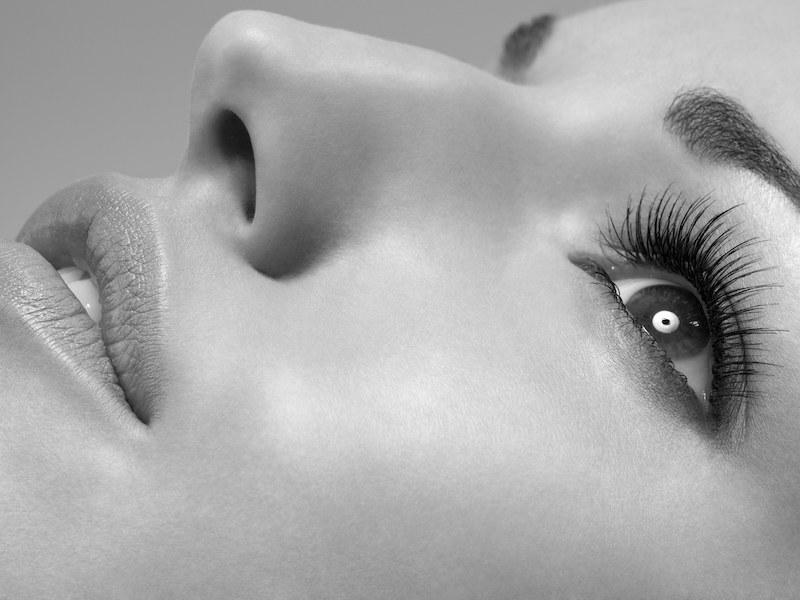How do I prepare for a hair transplantation procedure?
Your surgeon will provide thorough preoperative instructions, answer any questions you may have, take a detailed medical history, and perform a physical exam to determine your fitness for surgery.
In advance of your procedure, your surgeon will ask you to:
- Stop smoking before undergoing surgery to promote better healing.
- Avoid taking aspirin, certain anti-inflammatory drugs, and some herbal medications that can cause increased bleeding.
- Take a shower and wash your hair with regular or antibacterial soap the morning of your procedure.
- Hydrate before and after surgery for safe recovery.
Hair transplantation is usually an outpatient procedure. Be sure to arrange for someone to drive you home after and stay with you at least the first night following surgery.
What can I expect the day of my hair transplantation procedure?
Be sure to consult with your surgeon before your surgery so you have the most accurate expectations.
- You may have your hair transplantation surgery in an accredited hospital, free-standing ambulatory facility, or office-based surgical suite.
- Hair transplantation can take anywhere from two to eight hours depending on how much hair is being transferred and the procedure method. Your surgeon will give you an estimate for how long your surgery will last based on the details of your surgical plans.
- The surgeon trims the donor area(s) to access and remove the hair grafts.
- Your surgeon shampoos and cleans your entire head to prevent infection.
- Your surgeon will likely inject local anesthesia in both the donor and recipient areas. On occasion, your surgeon will add oral or IV sedation to help you relax. General anesthesia is rarely used.
- For your safety during the surgery, various monitors will be used to check your heart, blood pressure, pulse, and the amount of oxygen circulating in your blood.
- Your surgeon will follow the surgical plan discussed with you before surgery.
- Usually, the surgeon will space out the grafts to achieve maximum retention.
- Afterward, the surgeon cleans your scalp and covers it with gauze.
- You may have to wear a pressure bandage to aid healing.
You may go home after a short observation period unless you and your aesthetic plastic surgeon have made other plans for your immediate postoperative recovery.




